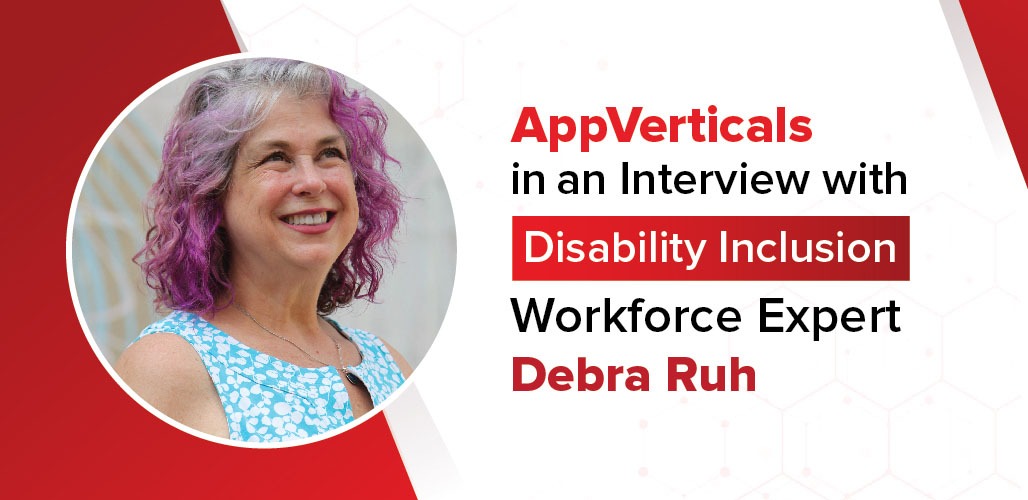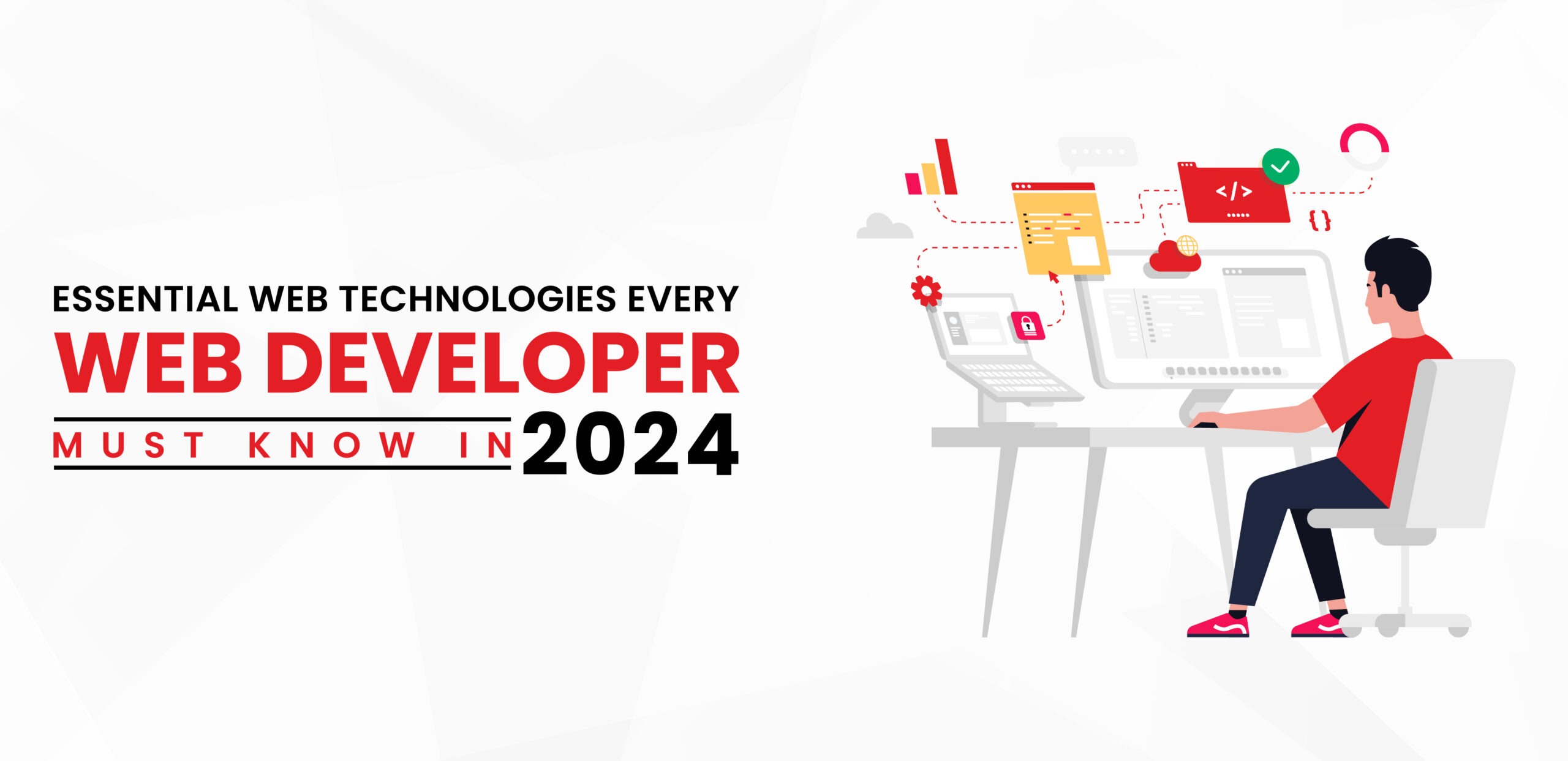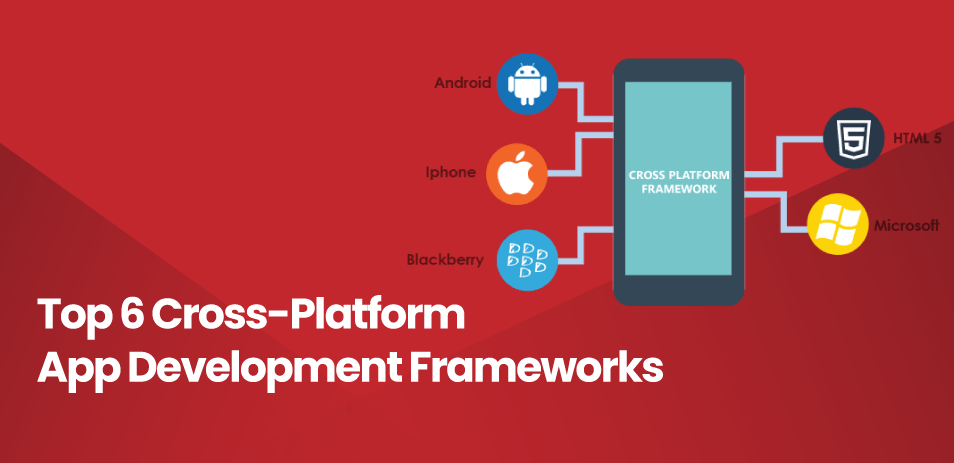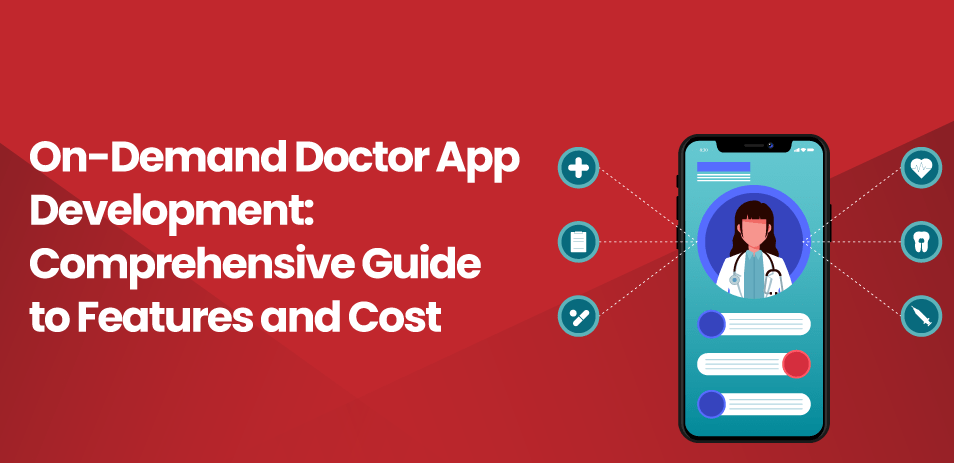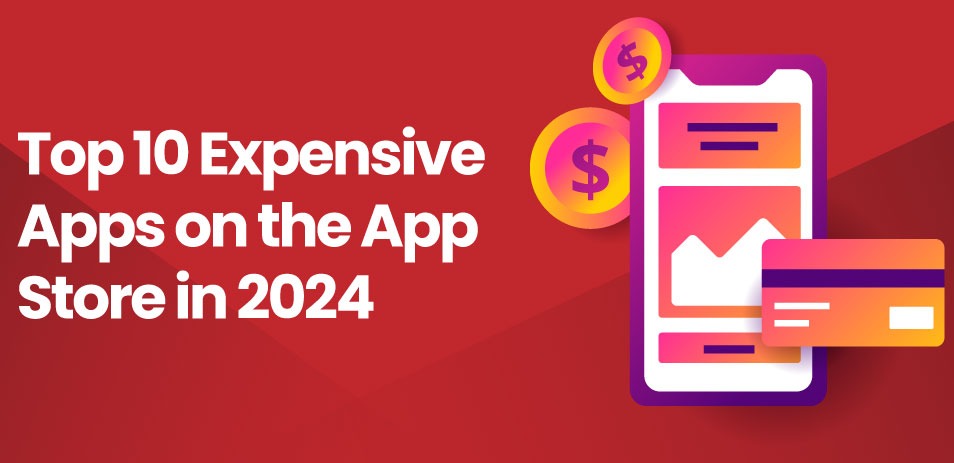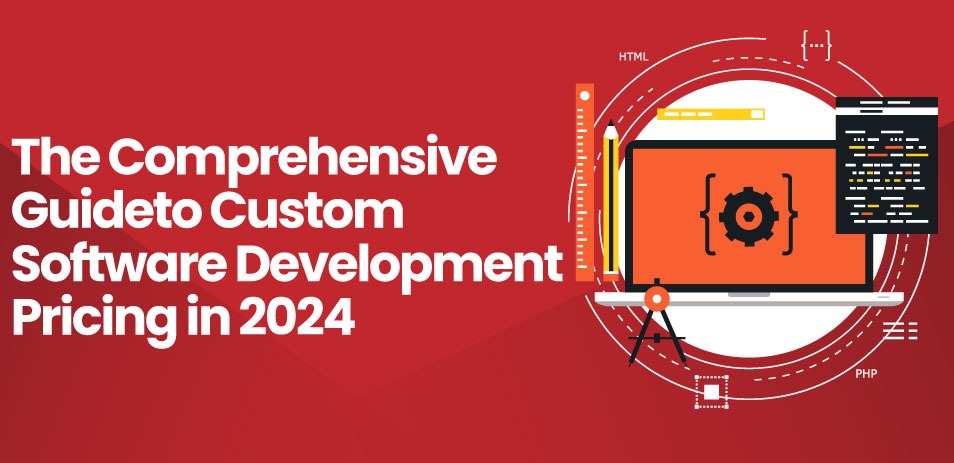Introduction
At AppVerticals, we keep having insightful conversations with industry experts to help readers understand industry verticals and challenges better. Following our legacy we are today with interview with disability inclusion expert Debra Ruh.
She is a famous keynote speaker with expertise in Global Disability Inclusion in the workforce and an author of three wonderful books.
She believes that disability is our inability to see the true human potential. She has built a multimillion-dollar company focusing on ICT accessibility with a core focus on global disability inclusion, branding, digital marketing, and other services.
She travels all around the world and meets with governments and corporations for her cause of including people with disabilities in the workforce mainstream.
She is the founder and CEO of Ruh Global Impact, Executive Chair, for Billion Strong and hosts several global shows Human Potential at Work and AXSChat. She has authored three books Uncovering Hidden Human Capital, Inclusion Branding, and Find Your Voice Using Social Media.
AppVerticals: Enlighten us on what inspired you to choose quite a distinct field of disability inclusion in the workforce. What was your source of inspiration in choosing disability inclusion as a field?
Debra: My career started in the Financial/Banking Field. My first child was born when I was 28 years old. We found out when she was 4 months old that she was born with Down syndrome. Everyone told me how awful it would be to raise my child born with disabilities. Instead, I focused on raising her just like my son without disabilities. However, she taught me so much about being a mother. I also decided to quit the banking industry and become an entrepreneur that saw value in including persons with lived experience with disabilities. Humans are not BROKEN – we just need to adapt.
AppVerticals: What do you see as the biggest hurdle or challenges faced in the inclusion of people with disabilities into the workforce?
Debra: Sadly, the biggest challenge is the community ourselves. Many people with disabilities (over 80%) have invisible or hidden disabilities. People with hidden disabilities try to keep them hidden, so society does not disenfranchise them. If you are 20% of people like my daughter with visible disabilities, they are hard to hide. I believe society needs to rethink what it means to be human truly. So bringing this global community together with pride in our identities is critical to move us forward in society.
AppVerticals: Some researchers claim that disabled people are differently able and have some enhanced abilities because of the disability they have. What is your idea? Is it true?
Debra: People with lived experiences with disabilities don’t want to be underestimated, but at the same time, they don’t want to be societies, inspiration. Oh, look, that man that is blind can work. WOW. NO, people with lived experiences with disabilities are capable but might use technology differently. So we can focus on abilities or disabilities, but the real solution is to ensure all buildings don’t have built barriers for humans and ICT works for everyone. That way, we don’t have to keep breaking each other into little boxes. We can all add value. Let’s stop thinking because we lose one or more of our senses that we are different or unable to participate fully in society.
AppVerticals: What role as a society can businesses play in providing people with disabilities with help and better opportunities to make them a part of society?
Debra: Listen to them, include them, learn from them. People with disabilities are people – just people. Let’s start treating them like they are part of society instead of treating them like they are holding us all back. Society MUST understand that we are fragile human beings, and sometimes we lose senses or abilities, but that doesn’t mean we can’t add value. Instead, we adapt. Humans Adapt!!!
AppVerticals: Please tell us more about your Podcast, “Human Potential at Work” How has your experience been running this podcast for eight years?
Debra: Thank you for asking about Human Potential at Work. The show has an audience in 138 countries and 125 regions and over 385,000 active listeners. We have 340+ interviews, and the weekly show has been live since 2013. We focus on the Social Impact, Inclusion, and Empowerment of everyone, including Persons with Disabilities. How do we bring out the potential in all people, including those with disabilities. My show can be found at www.RuhGlobal.com; select Show HPAW.
AppVerticals: Tell us more about your channel AXSChat. How does it work? and who can benefit from AXSChat?
Debra: www.AXSChat.com is an open online community of individuals dedicated to creating an inclusive world; we believe that accessibility is for everyone. There are 3 hosts, Debra Ruh, USA, Neil Milliken, UK, Antonio Santos, Portugal, and Ireland. We have been on air since 2012 with over 400+ global interviews. This is a global chat with around 24B Impressions on Twitter. We use the hashtag #AXSChat to stay in the chat.
Social media has great power to connect people, and we hope to accomplish and encourage in-depth discussion and spread knowledge about the work people are doing to enable greater access and inclusion through whatever means. We host weekly video interviews and Twitter chats with people who contribute to making the world more inclusive through technology or innovating to enable wider participation in society for people with disabilities.
The topics will be wide-ranging, and we want to encourage discussion and ensure everyone has a voice on social media, so we encourage you to take part by tweeting and using the hashtag #axschat
AppVerticals: Like disability inclusion, women empowerment is also an issue in many workplaces. What is your view on why women are so long in the workforce and still unable to climb the ladder?
Debra: Gender issues continue to plague humankind. Interestingly, men are considered the dominant players in the workforce, and women are seen as minorities. The world population is expected to reach 8 billion people in 2023 according to our estimates.
“Currently, the world population is increasing by more than 90 million per year. The Global sex ratio is 1.018. It means that we have slightly more men than women. The median age of the world’s population is estimated to be 31 years in 2020 (30.3 and 31.8 for males and females accordingly)” https://countrymeters.info/en/World
The numbers show us not a majority versus a minority. It shows that men and women are almost equal. So why are we treating women like minorities? Because society has not had the will to change. Then you start adding other diverse classes to the problem, like women with disabilities, and the disenfranchisement worsens.
It is critically important to value women in the workforce and in society. At the same time, we have to value the diverse intersections.
AppVerticals: Artificial intelligence has become the talk of the town. How do you see its impact on how work gets done in the future’s workplace?
Debra: AI conversations and efforts scare me a bit. I love technology, but I am not confident that humankind understands intelligence. Now we are trying to give artificial intelligence to machines. We don’t even value the diverse types of intelligence we have in humankind. So I worry that the data sets we use to program and train AI are biased. Biased in so many ways. Most AI data favor males, especially white males. We must get the data sets right and take the time to understand what intelligence is….We have a lot to learn before we are going to create AI that supports society.
AppVerticals: What tools and techniques do you utilize in your organization to enhance the productivity of your employees? Which ones are your favorites?
Debra: We are a small global team. So we use all the standard tools like MS Office on Mac, project management, social media, and other communications tools. However, we have to be careful because not all tools are accessible, and since 90% of my team have lived experiences with disabilities, we have to test tools before we purchase to be sure our entire team can use them. We are also heavily engaged with Assistive Technology like screen readers, magnification programs, etc.
AppVerticals: What is your advice on enhancing the productivity of individuals in general? Currently, we see many productivity killers like meetings without agendas and procrastination.
Debra: I have been in business for a long time. I still hate unplanned meetings, don’t have agendas, and just feel like a waste of time. I tell my team, let’s meet if that will help. But only if we take the time to ensure the meetings are productive. I will also be honest and say we sometimes have those frustrating meetings. But, we try to be thoughtful and productive with our meetings.
AppVerticals: What do you suggest limiting the reporting in the workplace while still achieving high productivity?
Debra: Great question. Over the years, I got more selective about asking for reports JUST to determine if people are doing their jobs. Instead, I hire people with good work ethics that don’t need me to micro-manage. We also look at reporting several times a year to be sure we can’t be more efficient. I hate reports for reports. So I trust people to give me the data they need to be as productive as possible. We also encourage our managers to work with their teams to only report on data required.
AppVerticals: AppVerticals is an application development company that provides its clients with a wide range of digital services. Our specialty is application development; what would be your suggestions for us to streamline application development projects better?
Debra: This is more AppVerticals domain, but I would focus on templates and processes. For example, are your apps accessible? Are your clients asking for accessibility? Do your apps work for everyone in the company? Application Development can save lots of time and lost efforts if approached in a blanched and blended manner.
Another Thoughtful Read: Interview With Agile Transformation Master Lenka Pincot

